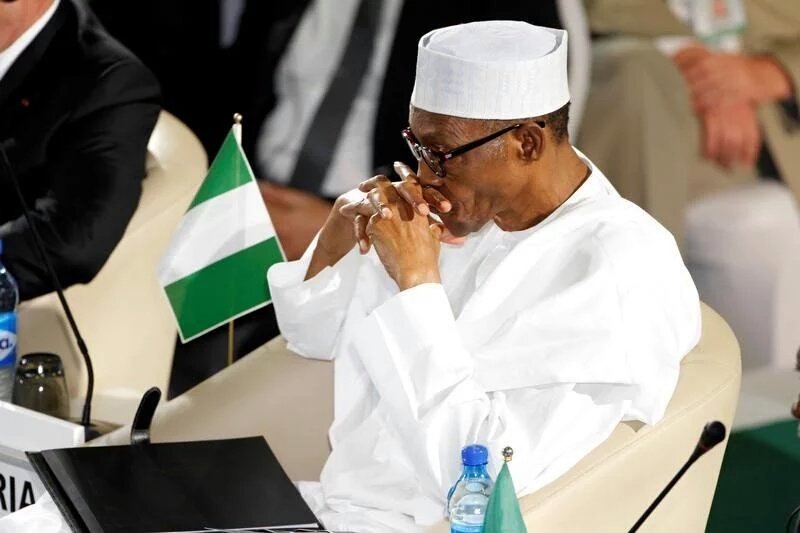Nigeria’s external reserves have continued to decline unabated as it shed $3.33 billion in first quarter of 2020, according to latest statistics released by the Central Bank of Nigeria (CBN).
The external reserves dropped from $38.59 billion on December 31, 2019, to $35.26 billion as at March 30, 2020. This represents an 8.6% decrease.
According to the report, the figure for March 30, 2020, represents a sharp decrease from the $41.85 billion that was recorded as at the end of third quarter of 2019.
The drop in the country’s external reserves has been attributed to a couple of factors. The most critical has been the crash in crude oil prices globally, coupled with low demand. With oil being Nigeria’s main source of foreign exchange (contributes over 90%), this has become a major problem.
The other factors include huge demand for foreign exchange for imported goods which puts a lot of pressure on the external reserves and the coronavirus outbreak which has led to lockdown globally and travel restrictions. This has led to low demand for crude oil, as businesses and households are faced with shutdown and restrictions.
Due to pressure on the external reserves and the inability of CBN to sustain the pressure on the foreign exchange market, the apex bank adjusted the exchange rate to N380 per dollar and introduced uniform exchange rate in the market.
It merged the official rate, the rate for Bureau De Change (BDC) operators, the investors and exporters’ window and some other rates.
Recall that just a few days before the introduction of these new policies, the CBN’s spokesperson, Isaac Okoroafor, had assured that the country’s external reserves were quite robust and comfortable and as such, the apex bank should be able to meet genuine demand for legitimate transactions.
He also recognized that due to lockdowns and travel restrictions globally, the demand for foreign exchange for imports, business travels, sporting events, travel for conferences and so on, had dropped drastically.
Meanwhile, the Naira has continued its slide against major currencies of the world as it dipped further against the US dollar to stand at N412/$1.
The currency also depreciated against the Pounds Sterling as it currently costs ₤1/N492 for sellers and ₤1/N497 for customers buying. The US dollar is bought at the parallel market for $1/N402 and sells for an average of $1/N412 while Euro is bought for €1/N410 and sold for €1/N415.

 Football6 days ago
Football6 days ago
 Aviation1 week ago
Aviation1 week ago
 Health & Fitness10 hours ago
Health & Fitness10 hours ago
 Featured4 days ago
Featured4 days ago
 Comments and Issues6 days ago
Comments and Issues6 days ago
 Education5 days ago
Education5 days ago
 Business5 days ago
Business5 days ago
 Education1 week ago
Education1 week ago

